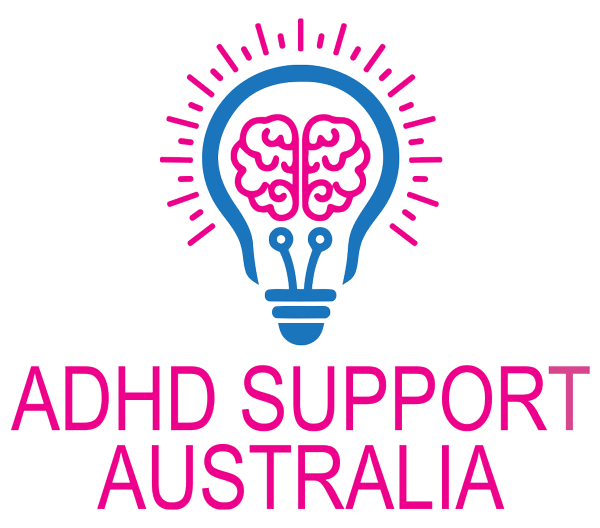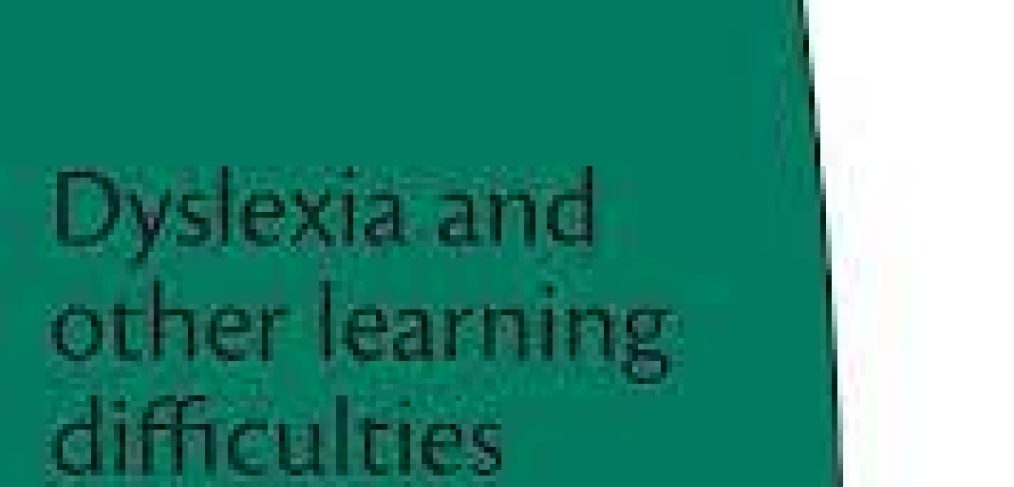Dyslexia and other learning difficulties: The Facts addresses problems many intelligent children face who, while having normal IQ levels, still struggle to learn in the classroom setting. A short attention span, restlessness, an inability to write clearly, and reading comprehension well below age level are all indicators of learning disabilities, and this book offers a clear and sympathetic guide to the difficulties that parents and teachers face when working with a child with these sorts of obstacles to learning. The book deals with difficulties in traditional academic areas such as reading, spelling, and arithmetic, but also looks into lesser known conditions like clumsiness, social unease, and hyperactivity. Providing practical advice to parents to help understand their children’s difficulties and to help them overcome problems and improve their self-esteem, Dyslexia and other learning difficulties: The Facts also offers a number of suggestions for managing difficult behaviour. This new edition has been fully updated and draws on the most recent research on learning difficulties and some associated disorders and their treatments. It also provides information about electronic and computer aids that are now available to help individuals with learning difficulties. This encouraging approach and easy-to-read style will appeal to parents as well as to professionals who work with children with learning disabilities.
Who hasn’t felt the sting of rejection?
It doesn’t take much for your feelings to get hurt-a look or a tone of voice or certain words can set you ruminating for hours on what that person meant. An unreturned phone call or a disappointing setback can really throw you off your center. It’s all too easy to take disappointment and rejection personally. You can learn to handle these feelings and create positive options for yourself.
Don’t Take It Personally! explores all forms of rejection, where it comes from, and how to overcome the fear of it. Most of all, you’ll learn some terrific tools for stepping back from those overwhelming feelings. You’ll be able to allow space to make choices about how you respond.
-Understand the effect that anxiety, frustration, hurt, and anger have on your interactions with others.
-De-personalize your responses and establish safe personal boundaries that protect you from getting hurt.
-Practice making choices about the thoughts you think and the ways you respond to stressful situations.
-Understand and overcome fear of rejection in personal and work relationships.
Elayne Savage explores with remarkable sensitivity the myriad of rejection experiences we experience with friends, co-workers, lovers, and family. Because her original ideas have inspired readers around the world, Don’t Take It Personally! has been published in six languages.
Dealing with the everyday realities facing teens with Asperger Syndrome, this book presents a toolkit of tried-and-trusted ideas to help them work through difficulties and find the solutions that work best for them.
This book covers everything they need to know to thrive in their adolescent years, including how to hack your own internal alarm system to overcome anxiety and other difficult emotions.
It also arms teenagers with everything they need to navigate sexuality and relationships, develop a healthy self-image, deal with bullies, be smart with money and stay savvy online… In short, no issue is left unexplored.
Fun and informative, this is a must-read for teens with high-functioning autism, and for those who want to understand what adolescence is like on the spectrum.
Children’s Health A-Z
Paediatrician and mother of two Dr Leila Masson combines traditional medical know-how with practical advice to help your child get better and stay well. The A to Z of symptoms cover the common health problems children and their families encounter and is set out in an easy-to-follow format with questions to ask and ways to care for your child, including when to seek the help and advice of a health professional. She also discusses the basics of children’s health and how parents can support their children’s wellbeing through providing optimum nutrition, sleep, outdoor play and a healthy home environment.Throughout the book, and in the ready reference section at the end, there is useful information on how to take your child’s temperature, how to help them to take medicines, how to get children to drink more water, allergy testing, relaxation exercises and more. All this is extensively indexed and cross-referenced so that you have the trusted knowledge you need at your fingertips.
ADHD: The Facts
ADHD (attention-deficit/hyperactivity disorder) is now recognized as one of the most common causes of learning and behavioural difficulties in school-aged children. Symptoms may include poor concentration, forgetfulness, poor organization, impulsivity, restlessness, poor social skills, learning difficulties, low self-esteem, and defiant behaviour. Despite growing awareness of ADHD among parents and health professionals, it is still widely misunderstood.
This second edition of ADHD: The Facts provides information on how ADHD is diagnosed, on conventional medical and alternative therapies, and on ways of helping children to improve their own behaviour, self-esteem, and academic results. Written by an experienced paedtiatrician, this book features practical advice to help parents understand their child’s difficulties and how to overcome them. With detailed explanations of the cause of ADHD, its nature, and the treatments of the condition
that have proved effective over time, this new edition includes developments in the understanding of conditions that often co-exist with it, as well as the problems experienced by adults with ADHD.
ADHD: The Facts will be of invaluable assistance to parents of children with ADHD and to teachers, psychologists, speech therapists, occupational therapists, and doctors wanting an authoritative, up-to-date, and practical review of the condition.
Does your child have difficulty meeting deadlines, staying organized, or keeping track of important information? Do they tend to forget details? Are they prone to emotional meltdowns? This book will become your go-to, all-inclusive guide to helping children manage issues with these executive functions.
Late, Lost, and Unprepared is packed with encouragement, strategies, overviews, case studies, tips, and more, explained in accessible, everyday language. In this updated and expanded edition of the highly regarded book for parents, you will find valuable new insights, fresh examples, and an all-new chapter on emotional regulation. Featuring down-to-earth examples and a flexible framework that allows you to think on your feet, the strategies within this book can be adapted to any child or situation.
In addition to providing approaches for helping your child to manage demands in the short run, this book offers strategies for building independent skills for long-term self-management. Late, Lost, and Unprepared gives parents the support they need to help their child become productive and independent – today and in the future.









